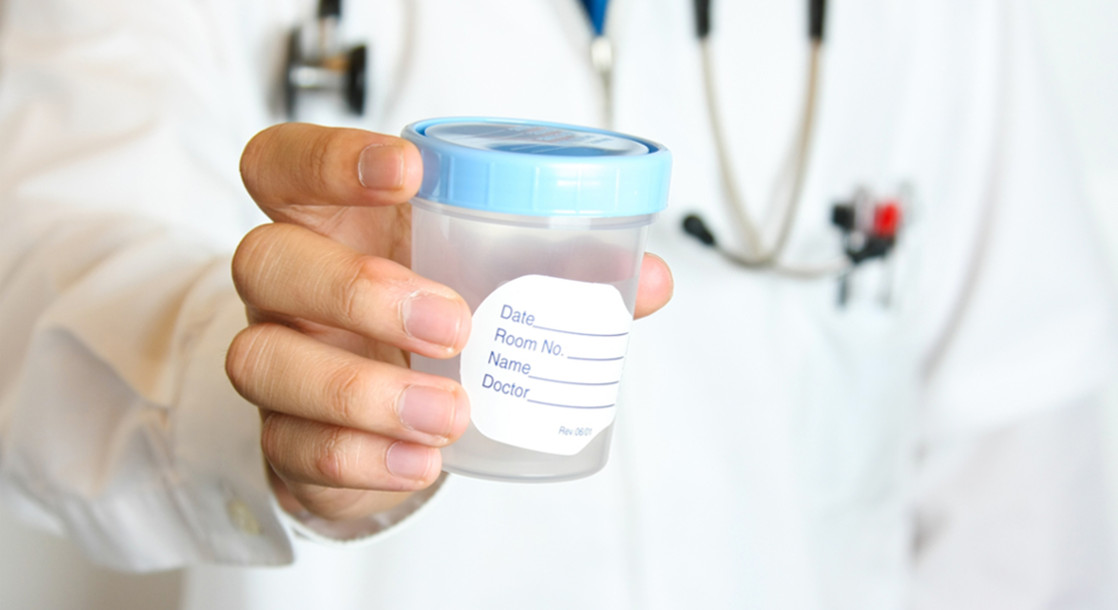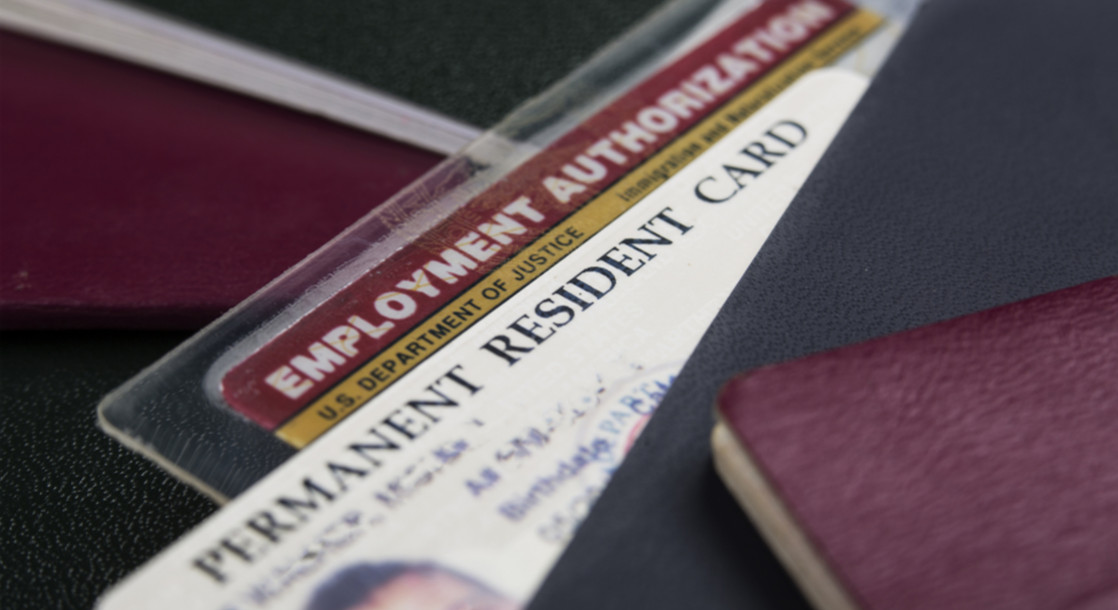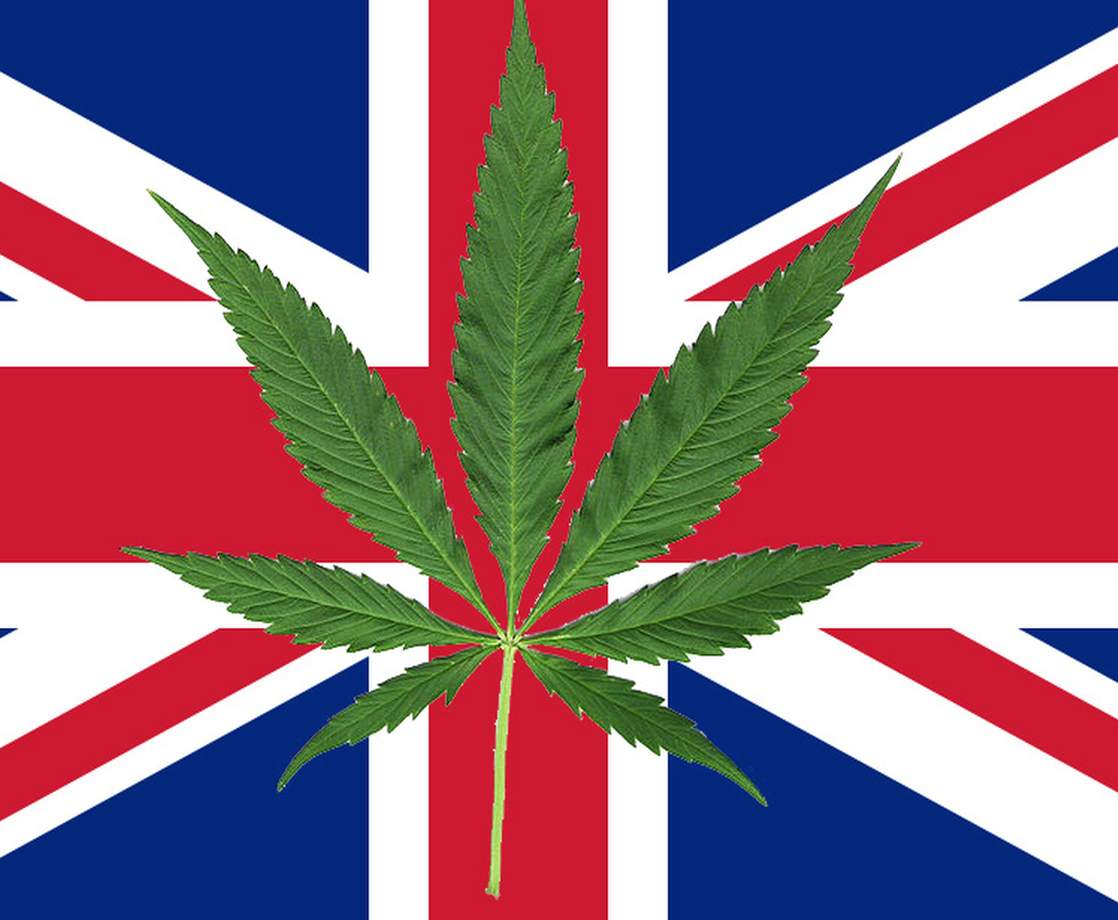Photo via iStock/ fluxfoto
In the face of the nation’s deadliest addiction epidemic in recorded history, American legislators have honed in on a new target to deter drug use — fake pee.
According to the Washington Post, state lawmakers and understaffed employers across the country are lobbying to ban synthetic urine products that they say are used to trick drug-testing employers and probation officers.
Sold at head shops, truck stops, and over the internet for as little as $17, fake urine products like “Monkey Whizz” and “UPass” have come under fire from state officials from New York to Mississippi. In Mississippi, legislation aptly titled the “Urine Trouble Act” would make it illegal to sell or use the deceptive products.
Because pee tests are often taken in private bathrooms without supervision, opponents of synthetic urine products argue that the fake pee is often too difficult to detect until it is too late.
“Our employers are reporting to us a concern that more and more of their employees are using synthetic human urine to cheat on a told the Post.
But while employers and legislators have been quick to call for fake urine bans as a means to assure workplace safety and accountability for recovering addicts, the national debate about drug testing goes much further than legislation like the “Urine Trouble Act” might suggest.
Extolled by probation officers, employers, strict parents, and every one of the country’s major sports leagues, urine-based drug tests usually test for five types of drugs: opioids, amphetamines, cocaine, cannabis, and PCP.
Understandably, those tests can be useful for doctors or rehabilitation workers looking to get accurate pictures of their patients’ drug use, but more commonly, the tests are used by employers and law enforcement officers to either refuse jobs or incarcerate probationers.
Putting aside the moral, financial, and political debate behind using pee tests to criminalize drug users, workplace drug testing has come under intense scrutiny over the past few years, as the spread of cannabis legalization has shifted how employees interact with once-banned substances.
In Maine, legislators have already banned employee cannabis testing, via a bill that bans pre-hiring marijuana screenings and prevents management from firing any current laborers who test positive for the now-legal plant in other narcotics tests.
And for human resource departments around the country, fake urine may be a problem in sorting out active drug users, but additional staffing issues lie in hiring practices that discriminate against otherwise qualified cannabis users, with employers around the country, from the FBI to corporate warehouses, complaining that they cannot find enough workers who are able to pass a marijuana screening.
If employers across the country were willing to treat cannabis use like alcohol consumption, they might not have to worry so much about prospective employees using fake pee.
Laws banning the use and sale of synthetic urine currently stand in 18 states.











